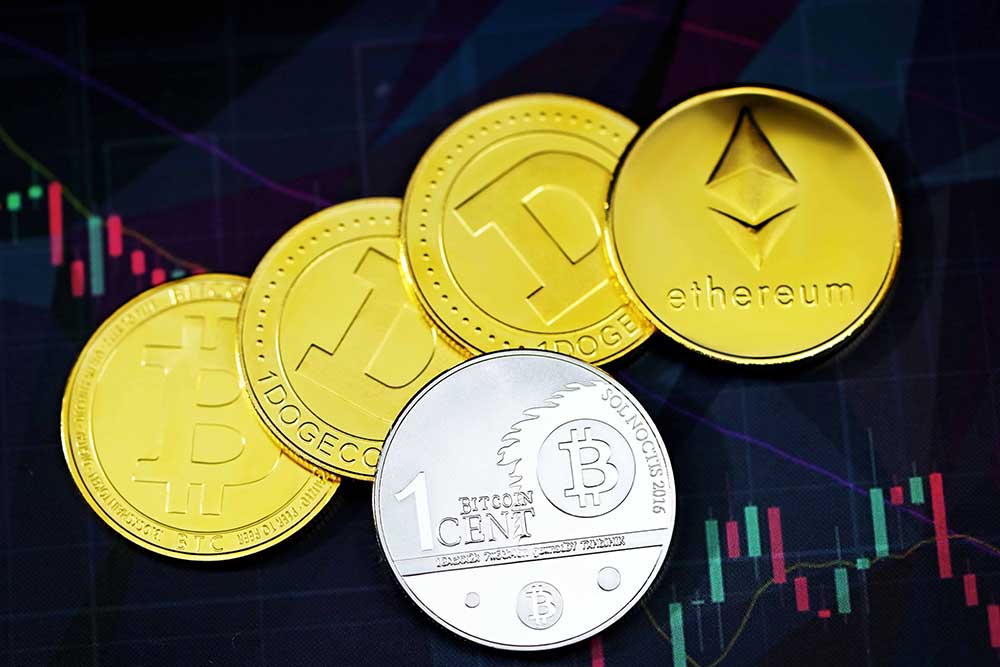Canadian and British regulators are on an entirely different wavelength to a significant portion of the cryptocurrency market and industry, implementing new regulations and casting doubt on the future of decentralized digital currencies. It comes at a time when China is cracking down on all but one form of cryptocurrency, forcing Bitcoin miners out of the country to more liberal markets.
In June, the UK’s Financial Conduct Authority issued a Consumer Warning about Binance, the largest crypto exchange in the world. According to the FCA, Binance did not have the necessary registration to sell crypto derivatives and that the platform would be required to warn its British consumers of the situation. Binance soon issued a statement to customers explaining that the decision will not affect the way users interact and use their services.
In Canada, the Ontario Securities Commission also began legal action against unregistered crypto exchanges in May. The OSC noted that the exchanges, including Binance, were offering securities and derivatives without registering. It prompted Binance to warn customers in Ontario that they would no longer be able to make investments on the app—effectively shutting down their services for parts of the Canadian population.
Canadian and British regulators are cracking down but to a lesser extent than China on cryptocurrencies and it is unclear how this will end. The global cryptocurrency market was valued at $792.53 million in 2019 and is expected to reach over US$5 billion by 2026. The total volume of transactions moved in 2019, however, was more than US$51.6 billion, with numbers reaching $91.8 billion in 2021. This huge and growing currency and investment market is being adopted in bigger numbers by the year, it poses a long-term threat to the banks and perhaps Western governments are beginning to notice that.
Either this recent regulatory involvement is a warning shot or it is simply a matter of the government trying to maintain regulation over a volatile market. It is up to you to decide which you think is more likely.
Meanwhile, China’s extreme crackdown on cryptocurrency makes Canada and the United Kingdom’s approach to crypto seem relatively more liberal, with the Chinese Communist Party banning all mining of cryptocurrencies and imposing restrictions on trading. It is important to note, however, that this is not an indication that the CCP has no faith in the digital currency and in fact, it is quite the opposite.
The ruling Chinese Communist Party is expected to hand out US$6.2 million worth of its digital yuan currency to citizens in Beijing as part of a lottery scheme. Residents of the Chinese capital city will be able to use two different banking apps to win one of the 200,000 “red packets” that contain 200 digital yuan. The plan comes before an expected national rollout of the digital currency, which has been in development since 2014 and ahead of what experts suggest could ultimately be an outright ban on holding any non-yuan digital tokens.
It is no secret that the Chinese Communist Party has been ramping up efforts to establish its global financial, technological and military dominance in recent years—and it could find itself with the edge over the rest of the world if its digital yuan currency thrives among its population of 1.4 billion while Western markets inhibit the natural growth of various cryptocurrencies in their own markets.
Furthermore, China’s decision to shun all but one cryptocurrency could prove beneficial for countries like Canada. That’s what IBC Group chairman and iMining CEO Khurram Shroff said this summer, describing how a shift of crypto mining operations out of China could prove a “huge opportunity for China.”
“The Toronto Stock Exchange recently listed the world’s first Bitcoin ETF (exchange-traded fund), so the nation is already ahead of the curve, in terms of mainstreaming cryptocurrencies,” he said.
Either the West can embrace digital currencies or hinder its growth to the point that China’s digital yuan becomes a model for the rest of the world. But as things stand, doesn’t it make you wonder whether China has more faith in cryptocurrency than the West does?
Jack Buckby is a research associate at the Frontier Centre for Public Policy.
Photo by Stanislaw Zarychta on Unsplash.



